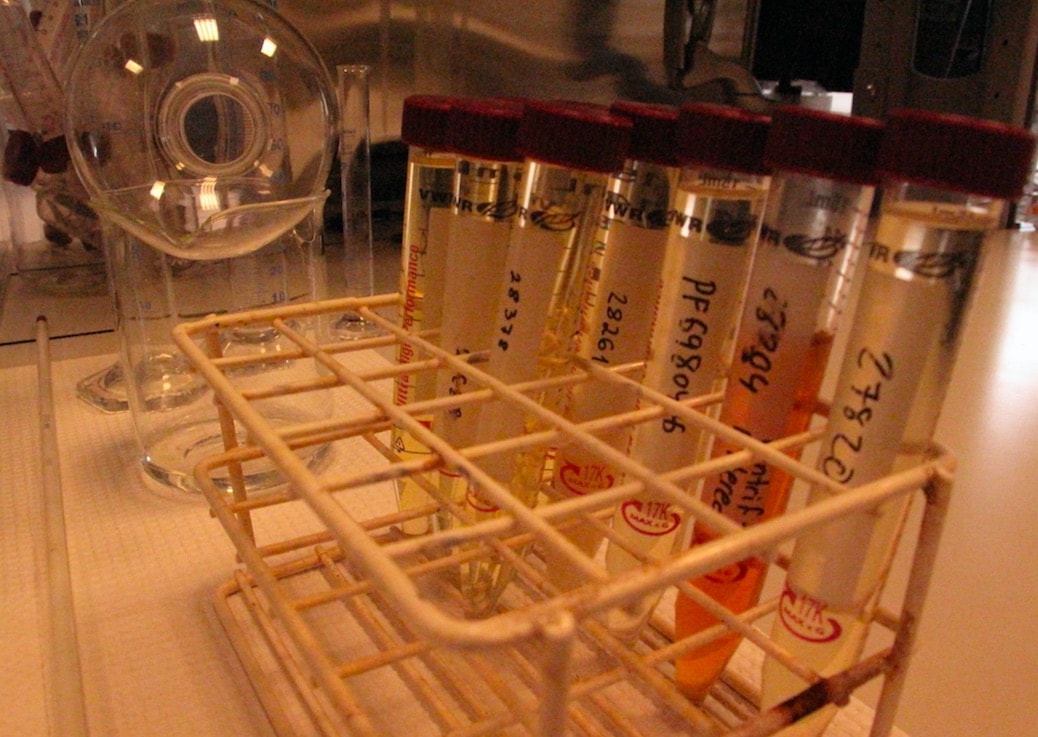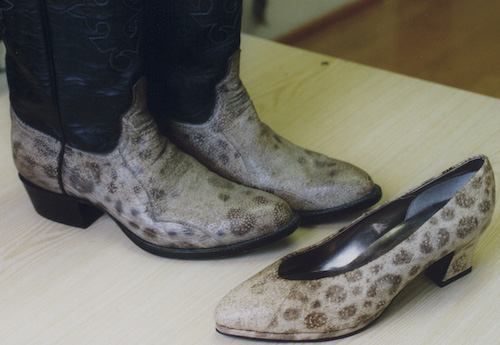A new report on the future of Iceland’s blue economy, published by the Iceland Ocean Cluster, suggests that traditional fisheries, which currently dominate the blue economy in Iceland, may represent approximately half of this sector’s turnover within twenty years.
According to the report, the fastest growing sectors in the blue economy will be aquaculture, food technology, algae, seaweed and crustacean shells, marine biotechnology and full utilisation of seafood products.
The report doesn’t fail to present a great many questions as it looks to the future.
What will our blue economy look like after a few decades?
Will new fish species be prominent in Iceland’s waters?
Will rising sea temperatures have irrevocable effects on the marine ecosystem?
Will we manage to make economic use of millions of tonnes of seaweed in Iceland?
Will the fisheries sector’s primary growth be in the biotechnology field?
Will we be able to culture fish meat in Iceland?
Will we be known as the nation surrounded by the bounty of the ocean, or an island in an acidic sea?
For nearly a decade the Iceland Ocean Cluster has worked with start-up companies, the seafood industry, research organisations and universities to develop new businesses and ideas connected to the blue economy, and its report is a product of this collaboration.

The authors of the report are Dr. Thór Sigfússon and Thorlindur Kjartansson, and 26 commentators also provide their views on various future aspects relating to the blue economy.
The report envisages Icelanders using sustainable methods to harvest more seaweed and crustaceans, grow algae, emphasise on marine biotechnology, 100% fish utilisation, green technology, aquaculture – and more.
The report states that Icelanders have the opportunity to place themselves as one of the leading nations in everything relating to the ocean, from academic knowledge, to protection and responsible exploitation aimed at economic welfare. It also warns that Iceland has a responsibility to trim its sails to make the most of the conditions that will put it on the best course into the future.
The report suggests that the greatest threat to a small island economy is the future health of the ocean surrounding it.
‘As a consequence of human activities, the ocean is changing at the global scale. Increases in carbon dioxide (CO2) concentration in the atmosphere lead to climate change and global warming. The ocean is playing a key role in mitigating these consequences of carbon dioxide emission by absorbing thermal energy as well as one third of the anthropogenic CO2,’ comments, Sam Dupont, assistant professor at the University of Gothenburg in the report.

‘In the Iceland sea, recent observations show that surface water is becoming warmer, saltier and more acidic and present day seawater chemistry already deviates from pre-industrial conditions.’
Michael Selden, co-founder of the US based Finless Foods is also a commentator in the Icelandic report, reminding Icelanders of possible increased competition – but also an opportunity.
‘Soon there won’t be any reason to grow an entire fish just for the meat, we can just take one biopsy from one fish once for each species and if fed the right ingredients can grow that meat into an effectively infinite amount of delicious sustainable and healthy food,’ he writes.
‘Fish produced in this manner also makes obsolete the process of killing animals for food, and creates a higher degree of food independence by taking food production and making it work in a very small footprint on land.’
The Icelandic commentators address issues such as the opportunities in fish farming, Al in food technology, algae and seaweed, biotechnology and the threat of plastic pollution to the seafood industry in Iceland. The authors also address opportunities they see in increased collaboration in marketing Icelandic seafood worldwide.
Niceland Seafood co-founder Heiða Helgadóttir and retired seafood executive Magnús Gunnarsson come to a similar conclusion regarding the opportunities for Icelandic seafood in the global market, that bolstering co-operation between companies to improve the image of Icelandic seafood would be a smart move.
‘Instead of selling more fish, we need to sell it at higher prices than before and the only way to achieve this is through systematic marketing, based on Iceland’s image and reputation,’ Heiða Helgadóttir said.
Young people have to join the blue movement
To achieve success, the report emphasises the need for increased focus on education, R&D and stronger startup culture. The report emphasises also Iceland’s future as an international hub for marine activities, study and innovation.

For the blue economy to flourish in Iceland in the coming years, Thór Sigfússon and Thorlindur Kjartansson suggest that R&D needs to increase, the innovative startup environment should be supported further, and last but not least, more young people have to join the blue movement.
‘Today there are 250 students engaged in marine-related studies, and in 2010 that number was just 100. While there has been an increase, there is still a low proportion of students seeking out education in this most important field for Iceland. Taking into account the opportunities offered by marine disciplines, there should be a significantly stronger cohort of pioneers and well-trained staff to take on the diverse and exciting tasks ahead,’ Thór Sigfússon said.
‘Every development in knowledge, culture and worldly wealth related to the ocean is based on the confluence of imagination, skill and shrewdness. This calls for both initiative and energy and we need to harness the strengths that come with extensive co-operation; a strong cluster development. Our welfare in the future doesn’t depend on doing more of the same, but maturing in the directions that clear thinking takes us.’









